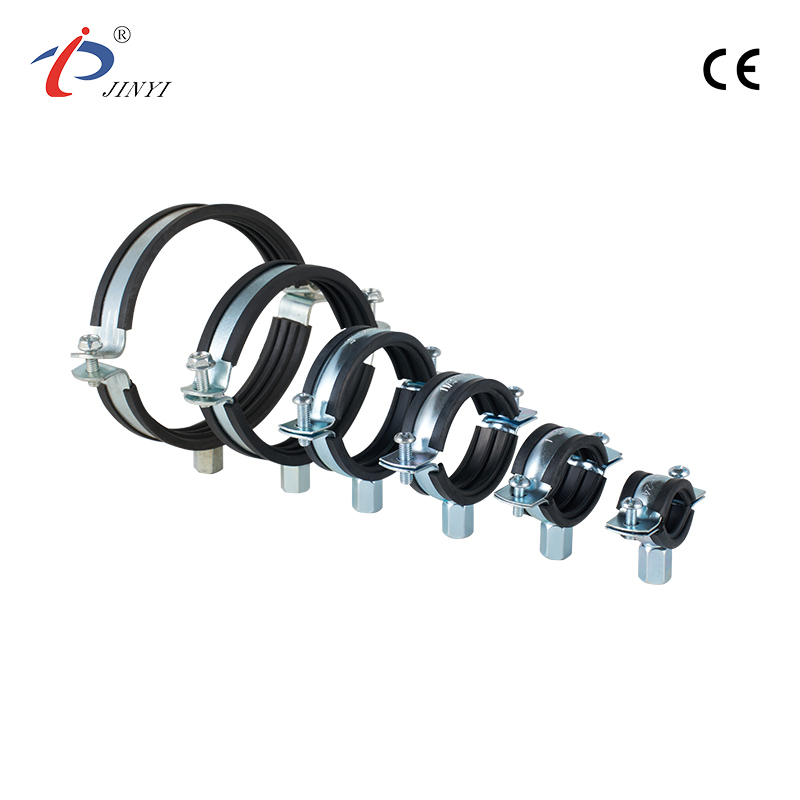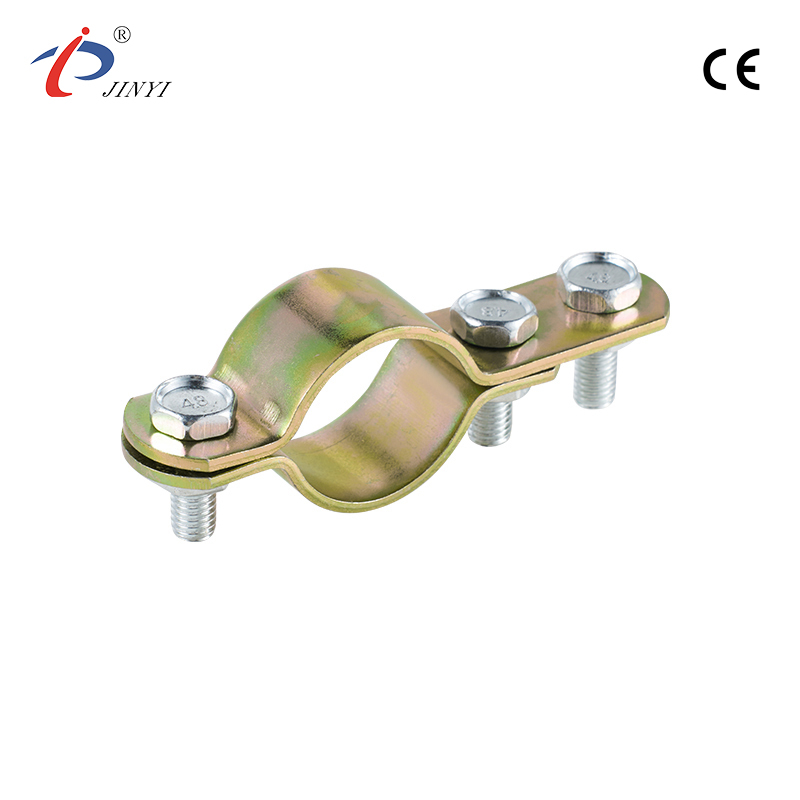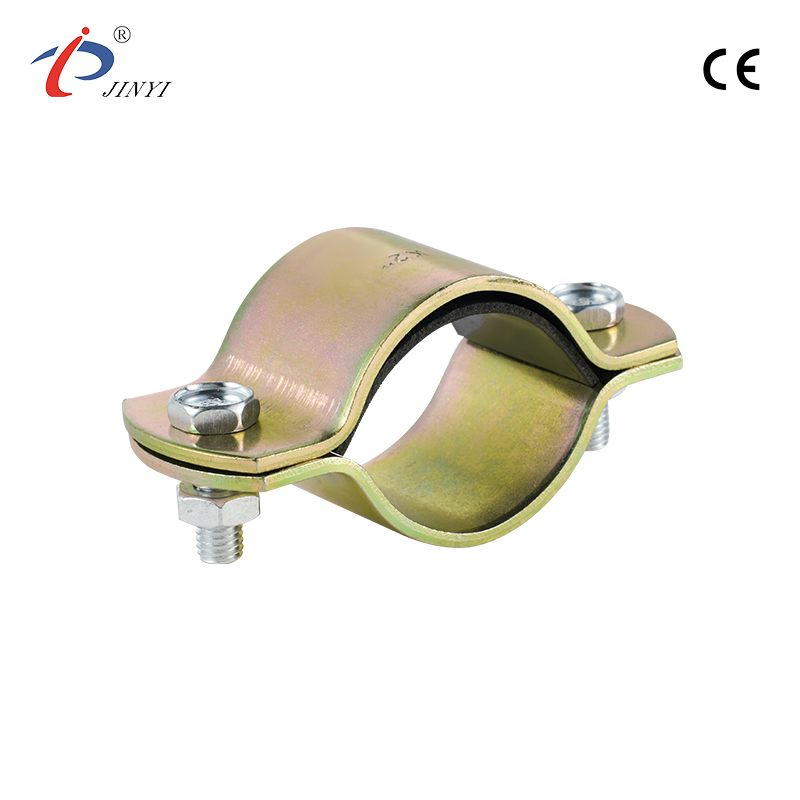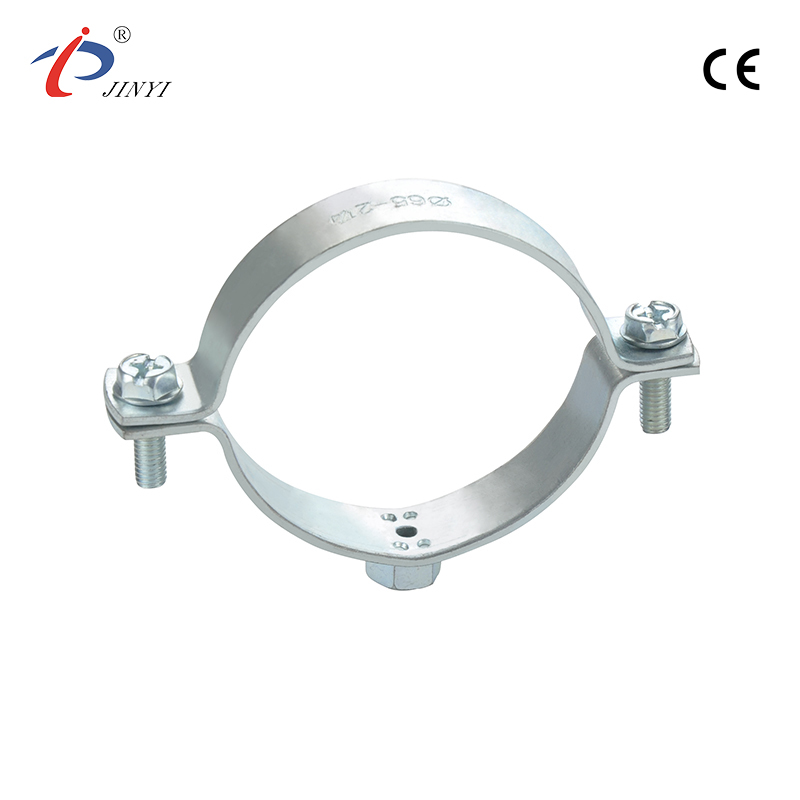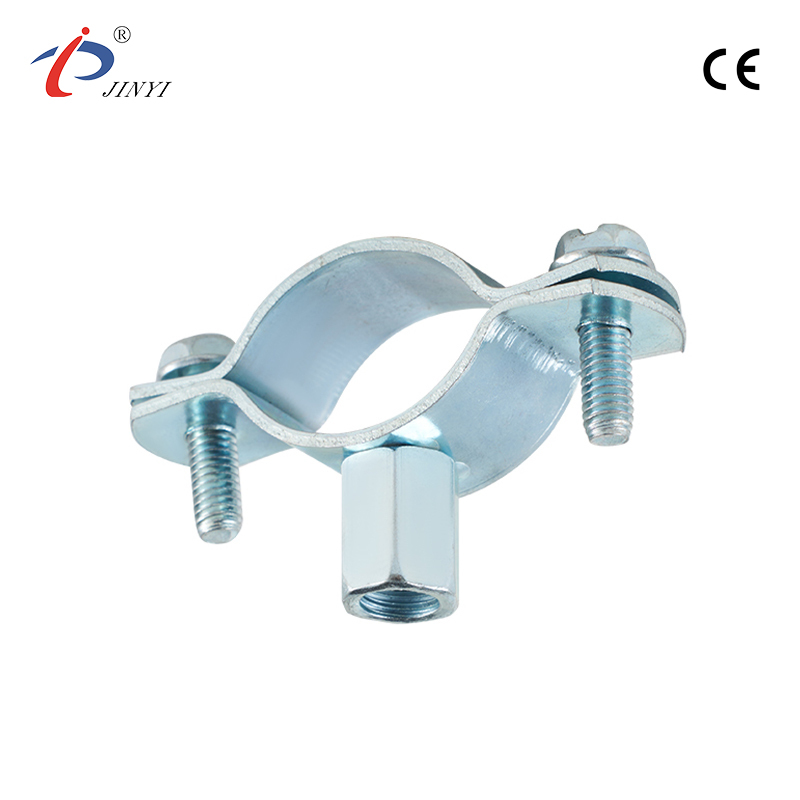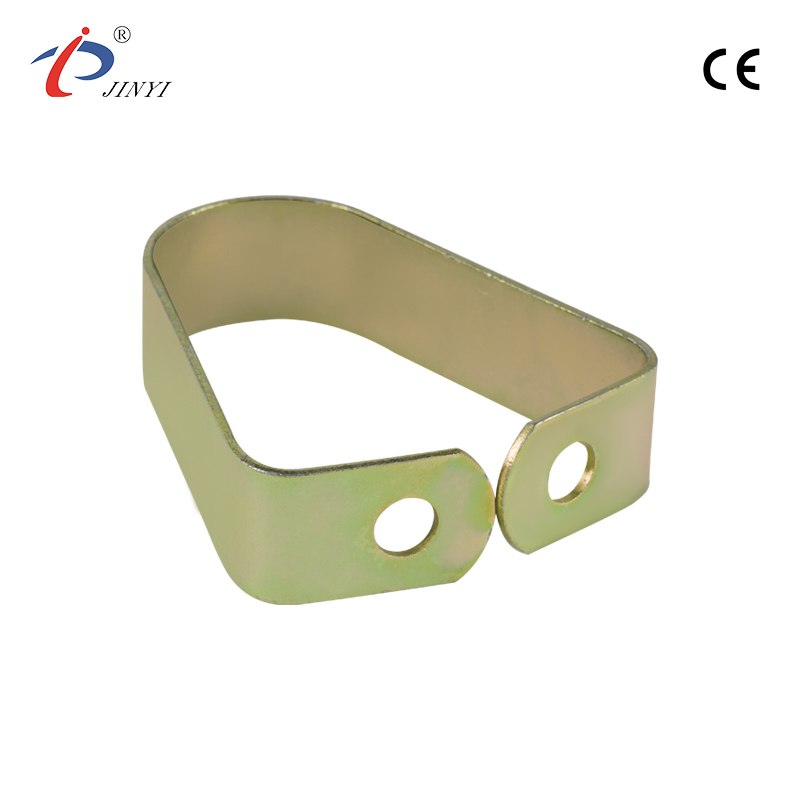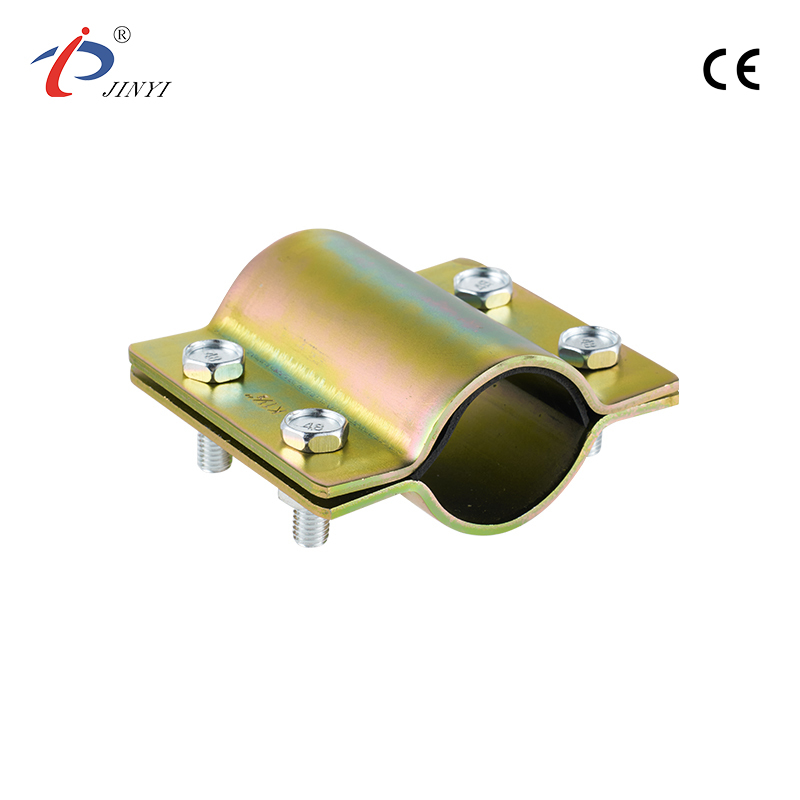Shower Base Support Frames: Advancements and Trends in the Bathroom Industry
2025-05-02
Shower bases are an essential component of modern bathrooms, providing a durable and water-resistant foundation for shower installations. While the base itself is a critical piece of the puzzle, the support frame that underpins it plays a crucial role in ensuring stability, durability, and ease of installation. Over the years, shower base support frames have evolved, integrating new materials, designs, and technologies to meet the demands of both residential and commercial customers. In this article, we will explore the latest trends and innovations in shower base support frames, how they contribute to the overall performance of the shower system, and what the future holds for this often-overlooked bathroom essential.
The Role of Shower Base Support Frames
A shower base support frame is designed to provide structural support to the shower base, ensuring it remains stable, secure, and level. This frame serves as the foundation for the entire shower unit, distributing weight evenly and preventing any shifting or sagging that could lead to damage or water leakage over time. Proper installation of a shower base support frame ensures that the shower base maintains its integrity, providing both safety and comfort for users.
In addition to its structural role, the shower base support frame can help streamline the installation process. A well-designed frame simplifies the alignment of the shower base with the surrounding walls and plumbing, reducing the risk of errors during installation. As a result, professionals and DIY enthusiasts alike are increasingly relying on high-quality support frames to ensure a quick and efficient installation process.
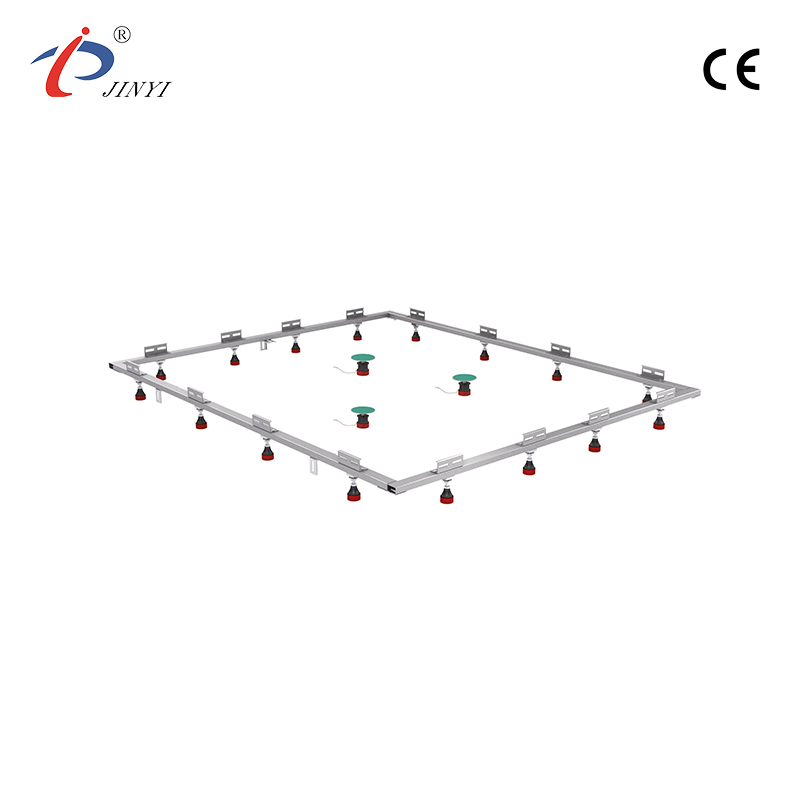
Advancements in Materials and Design
One of the significant developments in shower base support frames is the use of advanced materials. Traditional support frames were often made from metal or wood, but modern designs now feature materials such as high-density polyethylene (HDPE), fiberglass, and aluminum. These materials offer increased durability, resistance to corrosion, and lighter weight compared to traditional metal frames, making them ideal for modern bathrooms.
HDPE is particularly favored for its resistance to moisture, making it an ideal material for shower environments. It is lightweight yet robust, ensuring that the frame provides reliable support without adding unnecessary weight to the overall structure. HDPE frames are also easy to install and maintain, and they are often molded to fit specific shower base sizes, improving the fit and function of the unit.
Fiberglass is another material that is gaining popularity in the design of shower base support frames. It is lightweight, durable, and resistant to damage from impacts or water exposure. Fiberglass frames are also highly customizable, allowing manufacturers to design frames that are tailored to a wide range of shower base configurations. These frames are not only strong but also offer additional flexibility during installation, allowing them to accommodate various plumbing and drainage systems.
In addition to material advancements, the design of shower base support frames has also evolved. Modern frames are designed to be more adjustable and adaptable, providing greater flexibility during installation. Many frames now feature adjustable height settings or modular designs that can be customized to meet the unique requirements of each project. This level of flexibility is especially important for renovations, where the dimensions of the shower area may not align with standard shower base sizes.
Integration with Shower Base Materials
The integration between the shower base and its support frame is crucial for ensuring long-term performance. Today, manufacturers are designing shower base support frames that work seamlessly with various types of shower bases, including acrylic, stone resin, and ceramic. Each type of shower base requires a slightly different type of support frame to ensure a secure fit and proper drainage.
For acrylic shower bases, which are lightweight yet prone to cracking under pressure, the support frame must provide ample reinforcement to distribute the load evenly. Support frames designed for acrylic bases often feature additional bracing or cushioning to prevent the base from warping or cracking over time.
Stone resin shower bases, on the other hand, require a more robust support frame due to the heavier weight of the material. These bases are highly durable but need a solid and stable support system to prevent shifting or sagging. Manufacturers have responded by designing support frames that are made from sturdy materials such as HDPE or aluminum, providing the necessary strength and stability for stone resin shower bases.



 русский
русский  Español
Español 